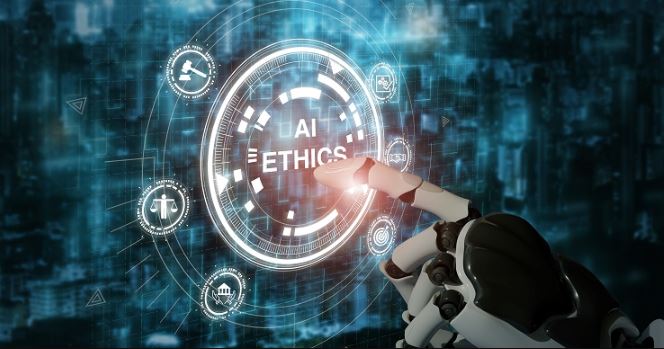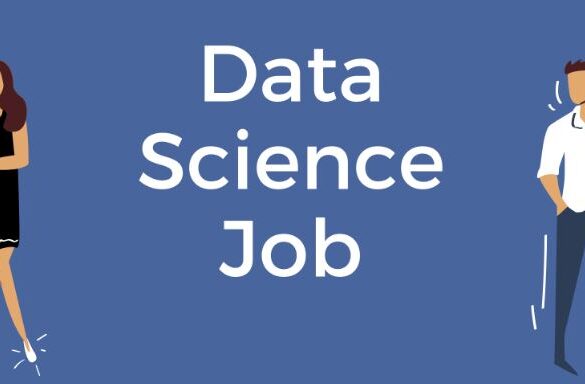The key ethical challenges of using AI in data analysis include algorithmic bias leading to unfair outcomes, privacy violations from massive data collection, a lack of transparency in “black box” models, the question of accountability when an AI makes a harmful decision, and the potential for job displacement.
As AI becomes more integrated into our lives, it’s crucial to address the complex ethical dilemmas it presents. The goal is not just to build powerful models, but to build responsible ones.
1. Algorithmic Bias and Fairness ⚖️
This is one of the most significant challenges. AI models learn from the data we give them. If that historical data reflects existing societal biases, the AI will learn, perpetuate, and even amplify those biases.
- How it happens: An AI trained on historical loan application data might learn that a certain demographic was approved less often. The AI might then unfairly penalize new, qualified applicants from that same demographic, creating a vicious cycle of discrimination.
- The problem: The AI isn’t “malicious”; it’s simply reflecting the patterns in the biased data it was trained on.
2. Data Privacy 🔒
AI systems are “data-hungry” and require vast amounts of information to be effective. This creates enormous privacy risks.
- The challenge: How do we collect the data needed to train useful AI models without violating individuals’ right to privacy? This includes risks of data breaches, unauthorized surveillance, and the use of personal data without informed consent.
3. Lack of Transparency (The “Black Box” Problem) ⬛
Many of the most powerful AI models, like deep neural networks, are “black boxes.” We can see the data that goes in and the decision that comes out, but we can’t easily understand the reasoning process in between.
- Why it matters: In high-stakes fields like medical diagnosis or criminal justice, a simple “the computer says so” is not an acceptable explanation. We need Explainable AI (XAI) to understand why a model made a particular decision, especially when it’s wrong.
4. Accountability and Responsibility 🙋
If a self-driving car causes an accident, or an AI medical tool gives a wrong diagnosis, who is at fault?
- The question: Is it the developer who wrote the code? The company that deployed the system? The user who operated it? Our current legal and ethical frameworks are struggling to answer these questions, making accountability a major gray area.
5. Societal Impact and Job Displacement 🤖
The automation of tasks, including data analysis, raises concerns about the future of work. As AI becomes more capable, there is a real risk that it could displace human workers in certain industries, leading to economic and social disruption if not managed carefully.





